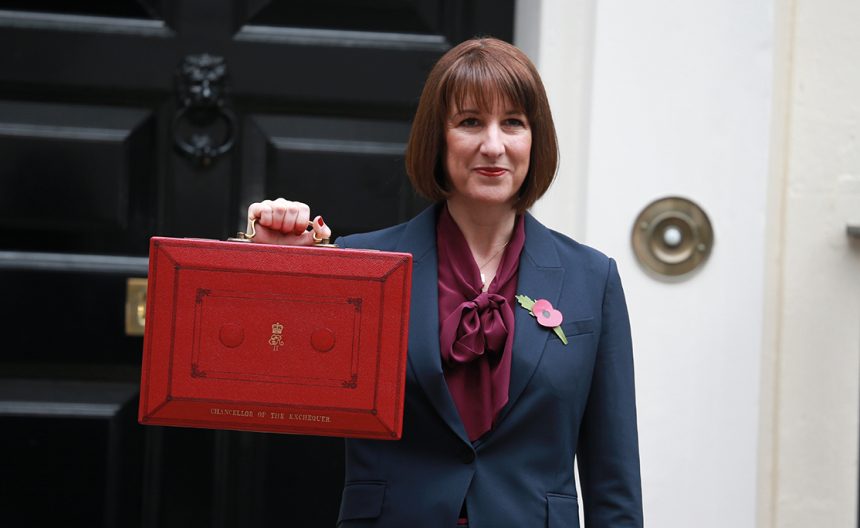A relatively small amount of investment into bus could go a long way, says CPT Chief Executive Graham Vidler
No one said 2025 was going to be a quiet year for the industry. As well as the Buses Bill currently working its way through Parliament, the last month has seen the Confederation of Passenger Transport (CPT) submit two weighty submissions to government.
One, covered by our President in his latest column for routeone, highlights the case for putting coaches at the centre of the forthcoming Integrated National Transport Strategy. Let’s look at the other: our submission to the Chancellor’s Comprehensive Spending Review, which will decide the government’s funding plans for the next five years.
When Labour took office, there was much talk from incoming ministers about a “bus revolution”. And it was encouraging to hear Simon Lightwood, the Local Transport Minister, tell CPT’s conference in January that buses are essential to the government’s top priority of kickstarting economic growth.
These are fine words, and it is promising to hear language in Westminster recognising the importance of buses. But it is in the Spending Review that we will find out whether words are to be backed with hard cash.
As an industry, we all recognise that the fiscal environment is tight, and that Rachel Reeves faces multiple pressures at the Treasury — not least from the need to boost defence spending.
An additional £205 million annually would expand bus services by 5%, which would mean buses travelling an extra 36 million miles per year
So we need to be smart and realistic in our ask and we must demonstrate clearly the economic value that buses can create.
The base level of funding required to keep buses on the road is £750 million per annum — which comprises £250 million to fund the Bus Service Operators Grant and £500 million for local authorities to maintain the existing network. That would maintain the status quo.
There is an opportunity, though, to be more ambitious. An additional investment of £205 million annually would expand bus services by 5%, which would mean buses travelling an extra 36 million miles per year — more than 1,400 times round the world.
For that boost of just over £500,000 a day, the payback would be immediate: a swift £500 million annually in economic benefits simply by getting more people to jobs, businesses and education, plus a reduction in congestion that would improve productivity.
Alongside that, an investment of £200 million a year in priority schemes — including bus lanes and traffic signal improvements — would speed up buses and get more passengers on board, delivering a cool £1 billion a year in payback.
That’s an excellent return even for the Treasury’s demanding metrics.
And investment of £200 million a year for zero-emission buses would be matched two and a half times over, unlocking £500 million from private sector bus operators to deliver cleaner, quieter vehicles across the country.
Are these sums large? No, in national terms, they’re not. Let’s look at the context. The Department for Transport spent £18.2 billion funding Network Rail last year and £7 billion on the national highways network.
Not to mention a massive £8.8 billion on high-speed rail projects, largely HS2.
I mention these not to be critical of other transport modes. Bus and rail are complementary, and we cannot of course operate without a fully functioning highways network.
In an integrated transport network, everybody benefits from all modes of transport prospering.
The comparison, though, demonstrates the relative value for money our industry can offer. It will be a tough negotiation, no doubt. And we will need to fight our corner. But for a government seeking cost-effective investments that will make a quick, visible impact on voters’ everyday lives, look no further than the bus.
























